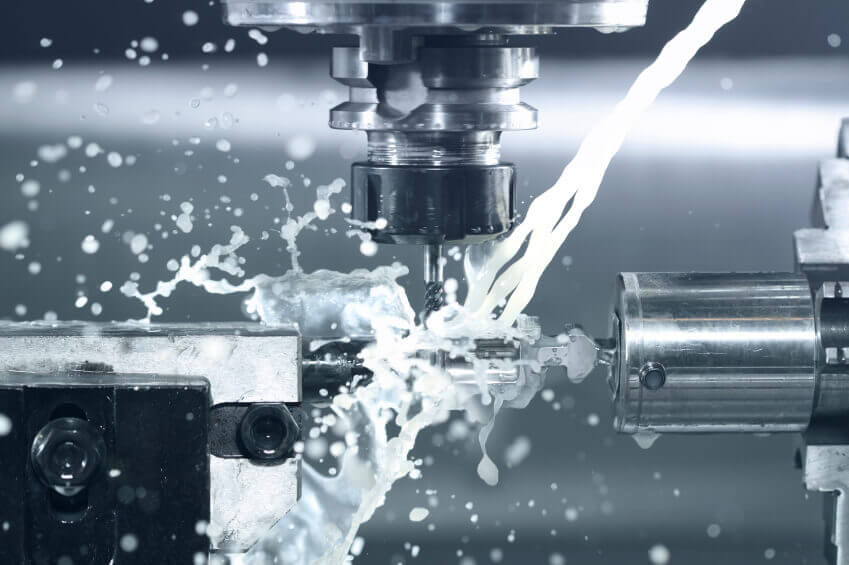
CNC Turned Parts Manufacturer
Milling, Lathe, Machining
Computer Numerical Control (CNC) machining, incorporating milling and turning processes, represents a sophisticated manufacturing technique utilizing computer-controlled machinery to shape raw materials into precise components. Milling involves using rotating cutting tools to remove material from a workpiece, creating complex shapes, contours, and features. Turning, on the other hand, revolves around rotating a workpiece while a cutting tool passes over its surface, removing material to create cylindrical or conical shapes.
CNC machining offers several key features that distinguish it:
Versatility in Material Selection: It is adaptable to a wide range of materials, including metals, plastics, composites, and more, allowing for flexibility in material choice based on specific application requirements.
Automation and Efficiency: It utilizes computerized controls and automation to streamline the manufacturing process, optimizing production cycles, reducing human error, and enhancing overall efficiency.
Customization and Flexibility: It enables customization and rapid design iteration, allowing for quick changes to designs and specifications, catering to diverse industry needs.
Scalability: It is suited for both small-scale prototyping and large-scale production, offering scalability to meet varying production demands without compromising quality.
Precision and Accuracy: Known for its exceptional precision, CNC machining delivers parts with tight tolerances and exacting specifications, ensuring consistency and high-quality output.
Some common applications include:
Tooling and prototyping, vehicle or aircraft elements with precise tolerances, computer and smartphone parts, turbines, solar panels, hydroelectric machinery, jewelry pieces, accessories, ornamental items, architectural elements, artistic sculptures and customized parts.
